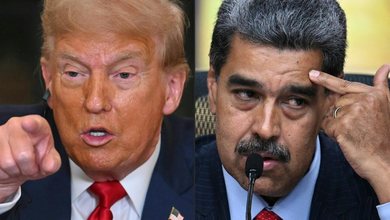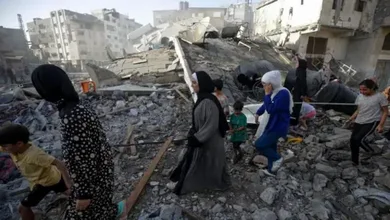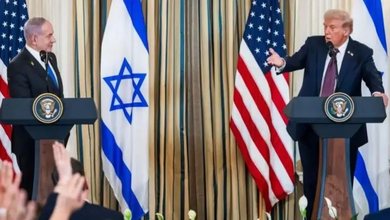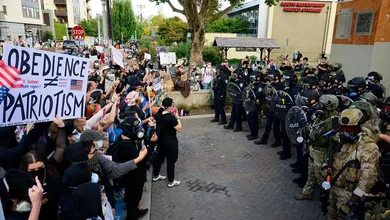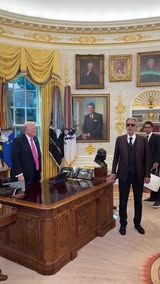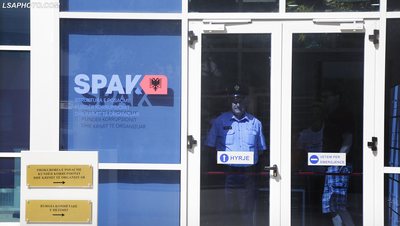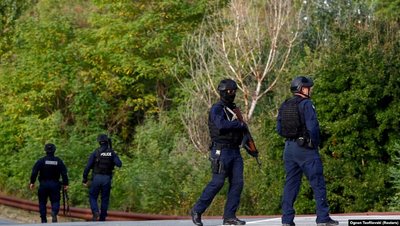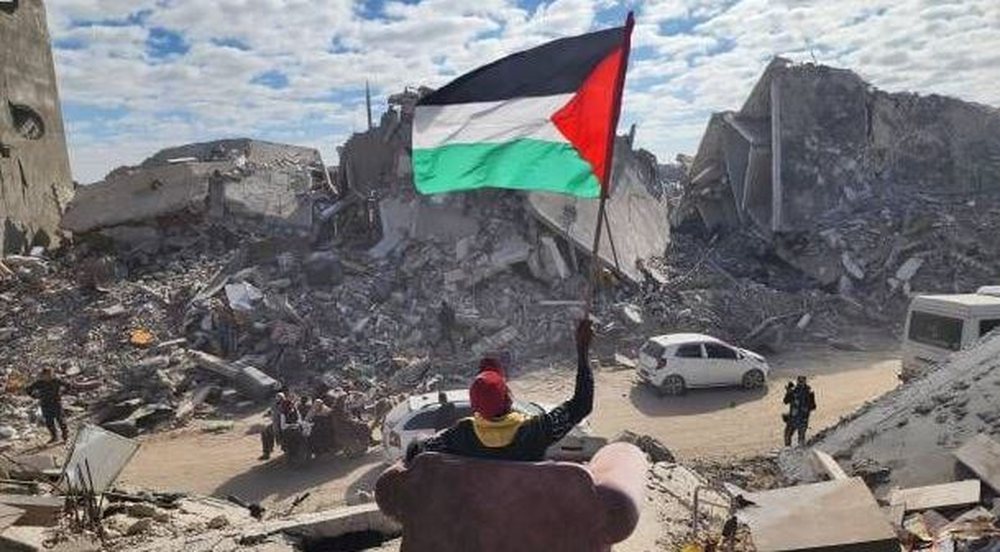
Two years after the outbreak of the war in Gaza, international diplomacy is in its deepest crisis since 1939.
While thousands of civilians have been killed and Gaza has been reduced to rubble, peace efforts have completely failed.
According to Western analysts, both the United States and Europe mismanaged the crisis, misreading Israel's reaction after the October 7 attacks and losing control of regional diplomacy.
In her latest book, Kamala Harris admits that President Biden "failed to show the empathy he showed for innocent Ukrainians and Palestinians," while former US officials admit that the US "did not act like a superpower."
The “Day After” Plan
After successive failures, France and Saudi Arabia took the initiative to revive the peace process through a UN conference on the two-state solution.
French President Emmanuel Macron secured a commitment from Palestinian President Mahmoud Abbas to disarm Hamas and create a transitional body of experts that would govern under a reformed Palestinian Authority.
The plan, included in the New York Declaration, was supported by most states at the UN, but opposed by Israel and the US.
European diplomats say that for the first time the Americans acknowledged that a ceasefire without a follow-up plan is meaningless and that unconditional support for Israel was unsustainable.
In late August, Jared Kushner, Tony Blair, and Steve Witkoff convinced Donald Trump that the mass expulsion of Palestinians would destabilize the region.
Trump agreed to take this idea off the table and work with Paris and Arab countries on a "day-after plan."
The Trump Plan
The plan that Trump presented to the UN, drafted by Blair and Kushner, was intentionally vague and without deadlines, but it kept negotiations open.
After pressure from the Israelis, several elements were added:
amnesty for Hamas members who surrendered their weapons,
guarantees for Israeli security in a buffer zone of 17% of Gaza,
excluding Hamas from any role in government.
Netanyahu, isolated from the White House after the attack on Qatar, used the plan to maintain domestic support and provoke Hamas into rejecting it.
Hamas: “Yes, but…”
In fact, Hamas gave a moderate response, a “yes, but” that Trump interpreted as acceptance of the deal.
This was seen as a signal that Hamas was ready to give up the remaining hostages in exchange for a halt to the war.
Diplomats say that within Gaza itself, a more pragmatic generation is emerging, seeking only minimal conditions for survival.
According to analyst Tahani Mustafa, "most Palestinians just want to survive and stay on their land."
What's next?
A body of technocrats led by Trump and Tony Blair is expected to take temporary charge of Gaza, pending new Palestinian elections.
But it remains unclear whether these elections will bring about a direction acceptable to all parties.
Meanwhile, Israel's reputation has been ruined internationally: in the Arab world it is seen as a greater threat than Iran, while in Europe and America, protests against its actions continue.
Two years after October 7, Gaza remains living proof that international diplomacy is incapable of stopping a war that everyone knows cannot be won. /The Guardian/


